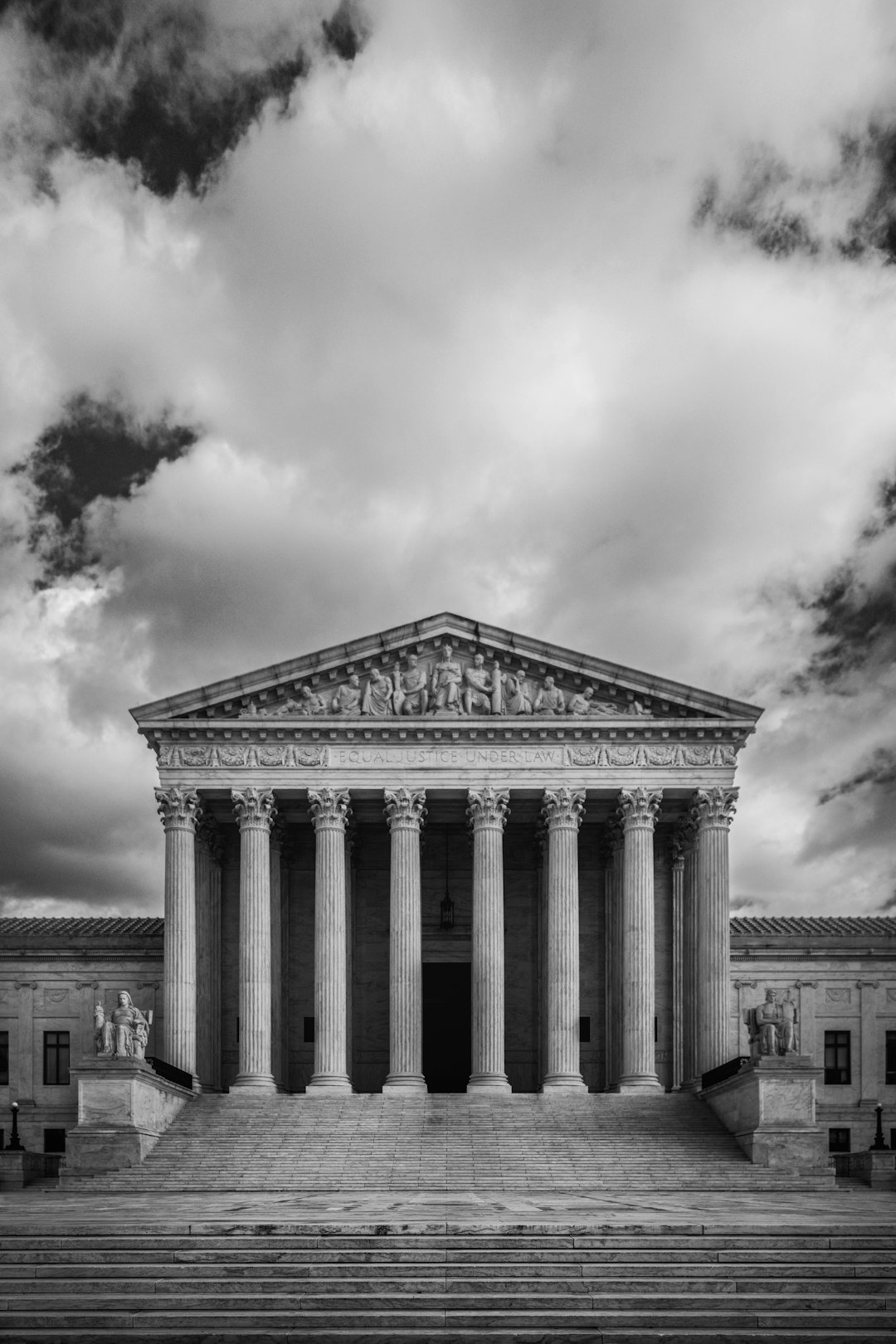Elderly sexual assault cases in Arkansas face unique challenges due to dementia, affecting witness credibility and legal proceedings. Bentonville attorneys specialize in navigating complex laws, medical impairments, and evidence to ensure justice for vulnerable victims. They collaborate with professionals, offer tailored support, and advocate for rights while distinguishing between voluntary actions and cognitive confusion. These specialists are crucial in securing fair outcomes and protecting both the accused and victims' interests through strategic legal guidance.
In Bentonville, Arkansas, the impact of dementia on sexual assault cases presents unique challenges for the legal system. This article delves into how cognitive impairment affects witness credibility and navigates the specific legal hurdles faced in elderly assault cases. We explore Arkansas’ legal framework for sexual offenses and emphasize the critical role an elderly sexual assault attorney plays in supporting victims with cognitive impairments. By understanding these dynamics, we can better address and resolve such cases with sensitivity and justice.
Dementia's Effect on Witness Credibility

Dementia can significantly impact the credibility of witnesses in sexual assault cases, particularly when the victim or key witness is an elderly individual. As the disease progresses, memory loss and cognitive impairment become more pronounced, which may lead to inconsistent or unclear testimonies. An elderly sexual assault attorney in Arkansas must consider these factors when building a case.
The court’s evaluation of a demented witness’s reliability may differ from that of a typical witness due to their impaired ability to recollect events accurately. This can create challenges for both prosecutors and defense attorneys, requiring them to adapt their strategies accordingly. In such cases, medical records, expert testimony, and other forms of evidence become crucial tools to establish the truth and ensure justice is served.
Legal Challenges in Elderly Assault Cases

Bentonville, like many communities across Arkansas and the nation, grapples with the complex legal challenges posed by elderly sexual assault cases. As the population ages, the incidence of dementia and related cognitive impairments rises, adding a layer of complexity to criminal investigations and prosecutions. Elderly victims, often vulnerable and confused, may struggle to communicate their experiences effectively, making it crucial for attorneys to employ specialized strategies when representing them in court.
Legal representatives for elderly sexual assault victims must navigate unique obstacles, including the interpretation of memory lapses or inconsistencies attributed to dementia. They need to collaborate closely with medical professionals to understand the extent of their client’s impairment and how it might impact their ability to testify or participate in legal proceedings. An experienced Arkansas elderly sexual assault attorney is adept at handling these cases, ensuring that justice is served while addressing the unique needs of elderly victims.
Arkansas' Legal Framework for Sexual Offenses

In Arkansas, including Bentonville, the legal framework surrounding sexual offenses is designed to protect victims and ensure justice. The state has strict laws in place to combat sexual assault, with specific provisions for cases involving vulnerable populations like the elderly. An elderly sexual assault attorney in Arkansas can navigate these complex legal landscapes, ensuring that their clients’ rights are protected and they receive the support they need during a traumatic time.
Understanding the local legal framework is crucial when dealing with sensitive matters such as sexual assault. Bentonville’s community and law enforcement work together to address these cases, often involving cooperation between medical professionals, social services, and the judicial system. An experienced elderly sexual assault attorney can provide guidance tailored to the unique challenges faced in Arkansas, offering a vital support system for those who have suffered such violations.
Supporting Victims with Cognitive Impairment

Supporting victims with cognitive impairment, such as those suffering from dementia, is a critical aspect of navigating elderly sexual assault cases in Bentonville. These individuals often face unique challenges when coming forward and pursuing justice. An elderly sexual assault attorney in Arkansas understands that memory loss and confusion can make it difficult for victims to provide detailed accounts of the assault. As such, legal professionals must be patient and adaptive in their approach, ensuring every interaction is tailored to the victim’s needs.
Specialized support services are essential to help these vulnerable individuals feel safe and empowered throughout the legal process. This may include clear communication strategies, visual aids, and a calm, supportive environment. An Arkansas-based attorney specializing in elderly sexual assault cases should be well-versed in working with cognitive impairment victims, ensuring they receive the care and representation they deserve during their time of vulnerability.
The Role of an Elderly Sexual Assault Attorney

In cases involving dementia and sexual assault, an elderly sexual assault attorney in Arkansas plays a pivotal role in ensuring justice for the victim. These specialized legal professionals have the expertise to navigate the complex landscape of cognitive impairment and its impact on criminal proceedings. They understand that individuals with dementia may exhibit behaviors similar to those of sexual assault, but it’s crucial to distinguish between voluntary actions and potential exploitation or confusion.
An Arkansas elderly sexual assault attorney advocates for their clients’ rights while considering the unique challenges posed by dementia. They carefully review medical records, assess the credibility of testimonies, and provide strategic legal guidance. By employing a nuanced approach, these attorneys help secure fair outcomes, whether through plea bargaining, negotiating settlements, or representing their clients in court. Their role is essential to protecting the interests of both the accused (who may require legal assistance due to cognitive limitations) and ensuring that any allegations are handled with the sensitivity and accuracy they demand.






